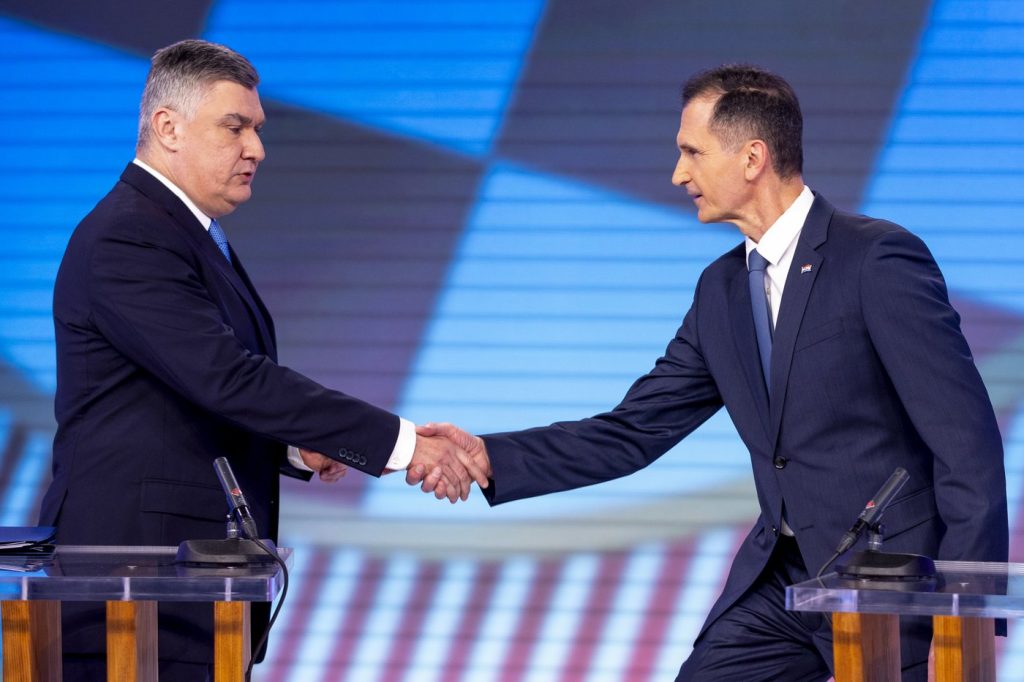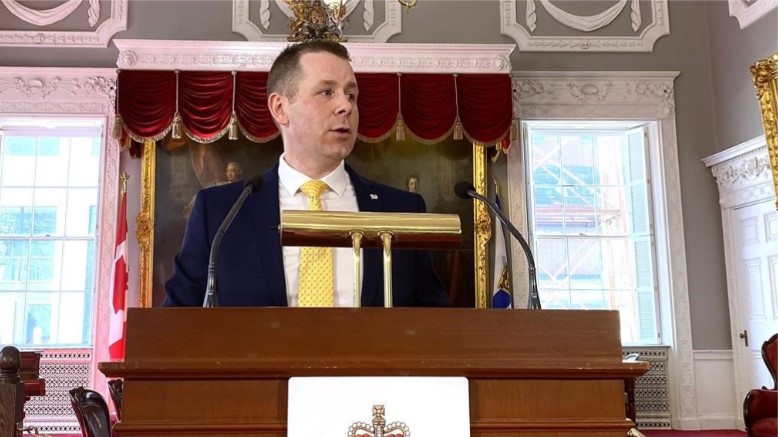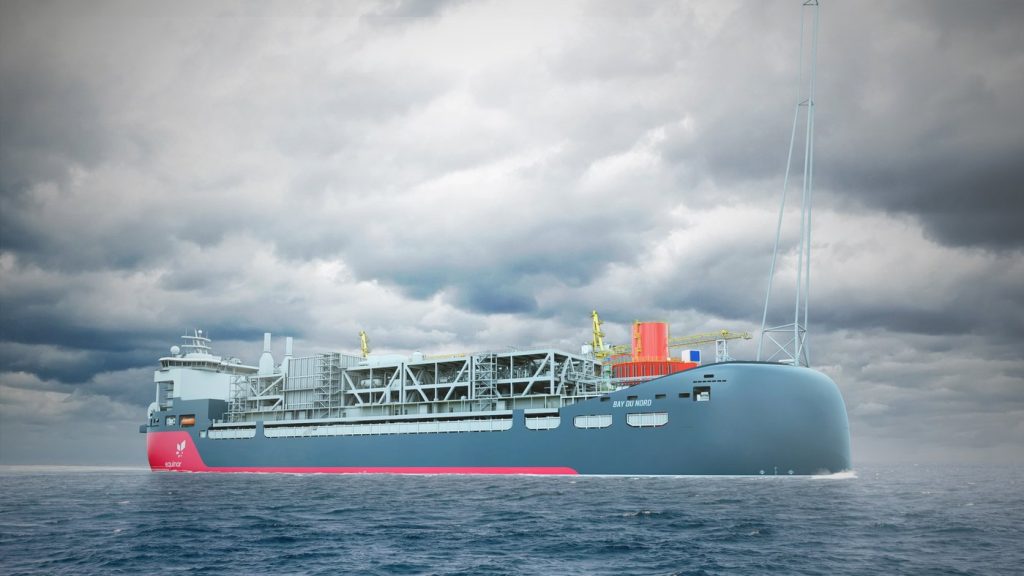Croatia’s President Milanović overwhelming favorite to win reelection in a runoff vote

Posted Jan 12, 2025 01:06:10 AM.
Last Updated Jan 12, 2025 01:15:31 AM.
ZAGREB, Croatia (AP) — Croatia’s incumbent President Zoran Milanović will be the overwhelming favorite to win reelection when he faces a ruling conservative party candidate in a runoff presidential vote on Sunday.
The left-leaning Milanović comfortably won the first round of voting on Dec. 29, leaving his main challenger Dragan Primorac, a forensic scientist who had unsuccessfully run for presidency previously, and six other candidates far behind.
The runoff between the top two contenders was necessary because Milanović won 49% of the vote, falling short of securing outright victory by merely 5,000 votes, while Primorac trailed far behind with 19%.
The election comes as the European Union and NATO member country of 3.8 million people struggles with biting inflation, corruption scandals and a labor shortage.
Milanović, 58, is an outspoken critic of Western military support for Ukraine in its war against Russia. He is the most popular politician in Croatia, and is sometimes compared to U.S. President-elect Donald Trump for his combative style of communication with political opponents.
Milanović has served as prime minister in the past with a mixed record. He has been a fierce critic of current Prime Minister Andrej Plenković and the pair have long sparred with each other.
Milanović regularly accuses Plenković and his conservative Croatian Democratic Union party of systemic corruption, calling the premier a “serious threat to Croatia’s democracy.”
Plenković has sought to portray Sunday’s vote as one about Croatia’s future in the EU and NATO. He has labelled Milanović “pro-Russian” and a threat to Croatia’s international standing.
Political analyst Viseslav Raos said the increasingly outspoken Milanović has no motive to “try to please someone or try to control himself.”
“If there was no cooperation with the prime minister for the first five years (of his presidency), why would it be now,” he added.
Though the presidency is largely ceremonial in Croatia, an elected president holds political authority and acts as the supreme military commander.
Despite limited powers, many believe the presidential position is key for the political balance of power in a country mainly governed by the Croatian Democratic Union (HDZ) since gaining independence from Yugoslavia in 1991.
During a TV debate ahead of the Sunday vote, Milanović and Primorac exchanged barbs while exposing deep political differences.
Primorac, 59, entered politics in the early 2000s, when he was science and education minister in the HDZ-led government. He unsuccessfully ran for the presidency in 2009, and after that mainly focused on his academic career including lecturing at universities in the United States, China and in Croatia.
Milanović denied he is pro-Russian but last year blocked the dispatch of five Croatian officers to NATO’s mission in Germany called Security Assistance and Training for Ukraine. He also pledged he would never approve sending Croatian soldiers as part of any NATO mission to Ukraine. Plenkovic and his government say there is no such proposal.
Milanović accused Primorac of associating with “mass murderers,” referring to Israeli Prime Minister Benjamin Netanyahu’s associates and the war in Gaza. He also claimed that Plenković was Primorac’s sponsor, and dubbed Primorac “the last communist” — a reference to his membership of the former ruling Communist Party of Yugoslavia in the late 1980s.
Primorac meanwhile claimed that Milanović’s only political allies were Bosnian Serb separatist leader Milorad Dodik, Russia’s President Vladimir Putin and Hungary’s populist leader Viktor Orban.
___
Associated Press writer Dusan Stojanovic in Belgrade, Serbia, contributed to this report.
Sasa Kavic, The Associated Press








